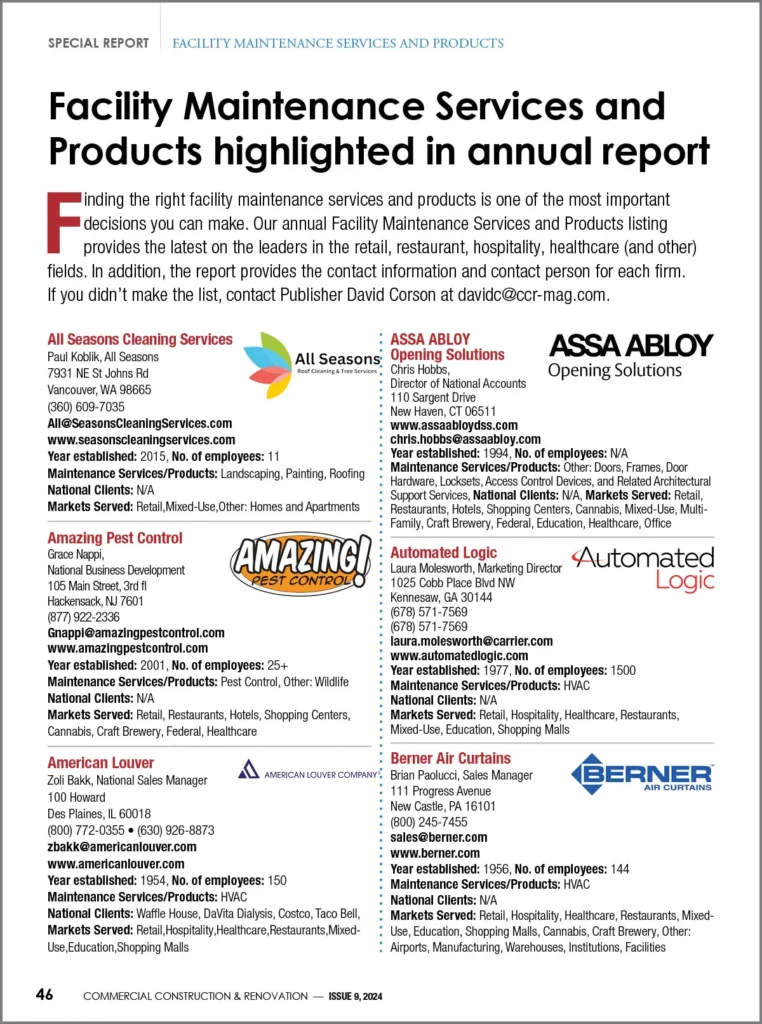Stress is a natural response to our environment and can help people cope with heavy demands.
In general terms, when people are faced with some kind of demand, either internally or externally, the body has the natural “fight or flight” response that releases adrenaline and raises the heart rate.
This is an adaptive response that was developed in early human history to help people respond physically to demanding situations.
The problem begins when this does not go away. Rather it goes on for prolonged periods of time, sometimes for weeks on end, making it difficult for people in certain professions – such as truck drivers – to be able to function from day to day.
The Negative Health Effects of Long-Term Road Stress
During your fleet driver certification, you’ll learn how stress plays an important part in many road traffic collisions and in many accidents – not just as a result of fatigue but also as a contributing factor.
According to the U.S. Department of Health, stress is a major factor in many serious health conditions, including heart disease, gastrointestinal problems, and respiratory disorders. All of these can contribute to poor driving response times and may lead to fleet drivers being deemed unfit to be on the road.
Reduce Stress While Driving with These Simple Tips
If you are a fleet driver, there are a few things you can do to reduce your stress while you’re on the road, and while you’re having some time off.
Take Short Breaks from Driving
Having a short break every 45 minutes or so has been shown to reduce stress levels during your drive.
Giving yourself some time to stretch, take a walk around the truck, and just sit for five or ten minutes will give you the opportunity to relax and focus on something besides driving.
This will also allow you to think about things that aren’t related to work – such as family, friends, and your personal life – bringing your mind out of work mode. Taking turns with another fleet will also act as a break.
Avoid Driving at Night (if possible)
While there is no concrete evidence that nighttime driving leads to higher rates of accidents among truck drivers, it is still advised that you avoid night driving if possible.
When you’re driving at night, there’s less stimulation, making it easier to get distracted and drive without paying attention to what you’re doing. This can lead to accidents.
Additionally, the fact that the light from headlights becomes fainter as they approach the horizon can be confusing for drivers when they are driving in unfamiliar surroundings.
All of these factors may help contribute to fatigue and make your driver alertness difficult, which would put you at risk of an accident or traffic violation.
Improve Your Diet
Truck drivers and fleet drivers can get sucked into an unhealthy relationship with food, such as eating too much, too often, or too much of the wrong stuff.
Eating well may help maintain good health and curb anxiety. A well-thought-out diet can also provide a great deal of energy for fleet drivers who have to work long hours on the road.









 The 2024 virtual Men’s Round Table will be held Q4, 2024, date TBD.
The 2024 virtual Men’s Round Table will be held Q4, 2024, date TBD.













